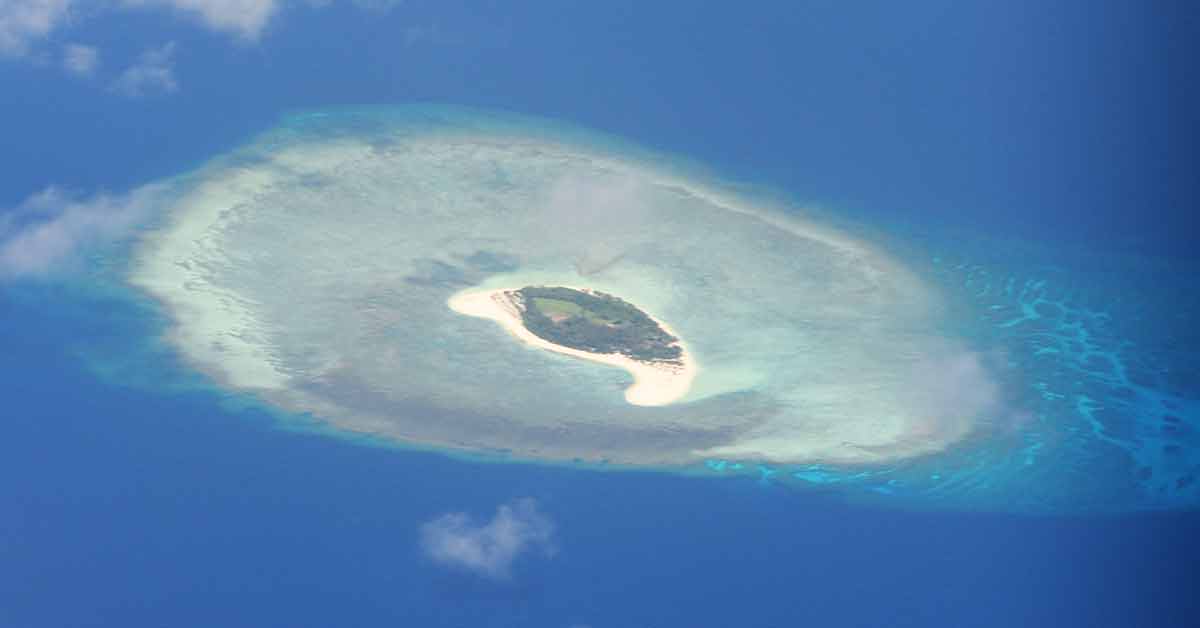The Philippines will not follow the United States (US) lead in blacklisting Chinese companies involved in the construction of artificial islands in the disputed South China Sea (SCS), the president's spokesman said Tuesday, arguing Manila needed Beijing's investment.
Washington last week announced sanctions against 24 Chinese state-owned companies - including subsidiaries of China Communications Construction Co, which is involved in a US$10 billion airport project in Manila.
The US has been pushing back against Beijing's military build-up in the South China Sea, where sovereignty is contested by several countries - including the Philippines.
China claims the majority of the area, invoking its so-called nine-dash line to justify its alleged historic rights to a key waterway through which trillions of dollars of international trade pass every year.
President Rodrigo Duterte's spokesman told reporters Tuesday that Chinese involvement in major Philippine infrastructure projects would go ahead despite Washington's sanctions - including turning Sangley Point, a US naval station until the early 1970s, into a commercial airport.
"The Sangley project will push through," Harry Roque told reporters, adding the Philippines "will not follow the American directive because we are a free and independent state and we need investments coming from China".
China's ambassador to the Philippines, Huang Xilian, said the US sanctions were aimed at driving "a wedge between China and regional countries".
"I believe that any attempt to undermine the normal economic cooperation between China and the Philippines will never succeed," he said.
China has reinforced its claim to the South China Sea by building up small shoals and reefs into military bases with airstrips and port facilities.
It rejected a 2016 United Nations (UN)-backed tribunal's ruling that its claims were without legal basis.
Philippine-China relations have improved under Duterte, who has tried to steer his country away from the ambit of the United States - its former colonial master - to pursue greater economic cooperation with its giant neighbour and American rival.
But Duterte's shift has failed to stem Chinese ambitions in the sea or unlock much of the billions of dollars of promised trade and loans.
In recent weeks tensions have intensified between the Philippines and China over disputed areas.
The Philippine defence minister accused China of illegally occupying Filipino maritime territory, saying the nine-dash line was a fabrication.
His remarks came after the Philippine foreign ministry lodged a diplomatic protest over what it said was the "illegal confiscation" by China's coast guard of fishing equipment near Scarborough shoal, which has long been a flashpoint between the two countries.
China's foreign ministry defended the coast guard, saying they had carried out law enforcement activities and "their actions are understandable". - AFP
